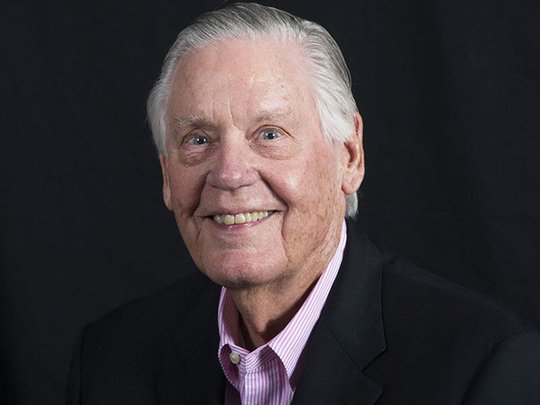Yarbrough, a well-known figure in the entertainment industry, has expressed a desire to pursue the title of Duke of York. This announcement comes as part of an ongoing reflection on his career and a quest for new challenges. While he enjoys his current role, he believes that taking on this prestigious title could provide a unique opportunity to engage with the public in a different capacity.
The title of Duke of York has a rich history within the British nobility. Traditionally, it has been conferred upon the second son of the reigning monarch. Notably, the most recent Duke of York, Prince Andrew, has faced various controversies, leading to a re-evaluation of the title’s significance within modern society. Yarbrough’s ambition to step into this role reflects a broader conversation about the relevance of royal titles in contemporary times.
Yarbrough’s approach is infused with a sense of humor, as he acknowledges that the role would require a different kind of engagement than what he is accustomed to. He remarked, “I’m having too much fun messing with the humor-impaired, but I feel like I am ready for a new challenge.” This lighthearted perspective resonates with his followers and highlights his unique personality.
The journey to obtaining a noble title is not straightforward. It involves navigating a system deeply rooted in history and tradition. While Yarbrough’s aspirations may seem whimsical, they underscore a genuine interest in contributing to the cultural landscape of the United Kingdom. His application, if accepted, could invite discussions about the responsibilities and expectations associated with such a title.
In recent years, public interest in royal titles has surged, especially in light of changing dynamics within the royal family. As people question the relevance of royalty, figures like Yarbrough can play a role in redefining what it means to hold a title. By pursuing the Duke of York title, he aims to bridge the gap between tradition and modernity, potentially revitalizing public interest in the British nobility.
While the outcome of Yarbrough’s application remains uncertain, his quest reflects a broader trend of individuals seeking to merge their personal brand with historical legacies. As the world watches, the implications of his ambitions could resonate beyond just the title itself, sparking conversations about identity, responsibility, and the evolving nature of nobility in the 21st century.
As Yarbrough continues his journey, it will be fascinating to see how this pursuit unfolds and what impact it may have on public perceptions of royal titles. In a time when many are reevaluating their own career paths, his playful yet earnest ambition serves as a reminder that the search for new challenges can lead to unexpected opportunities.







